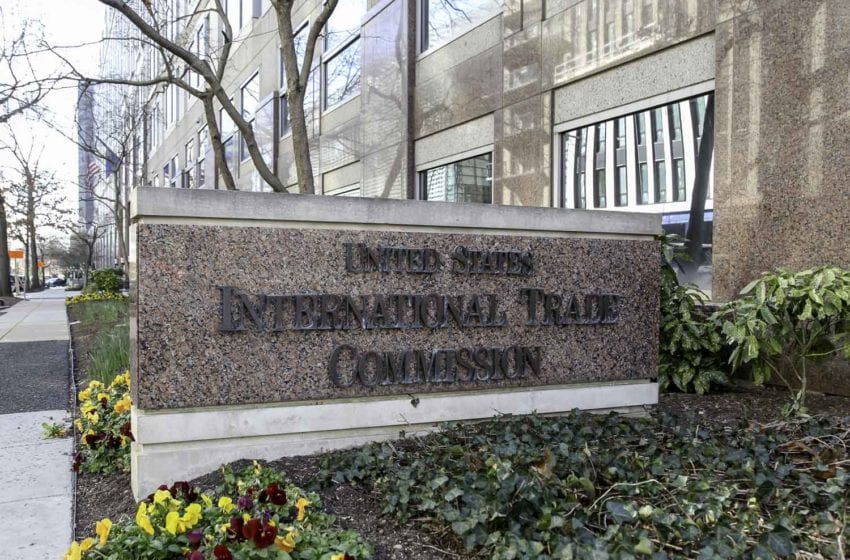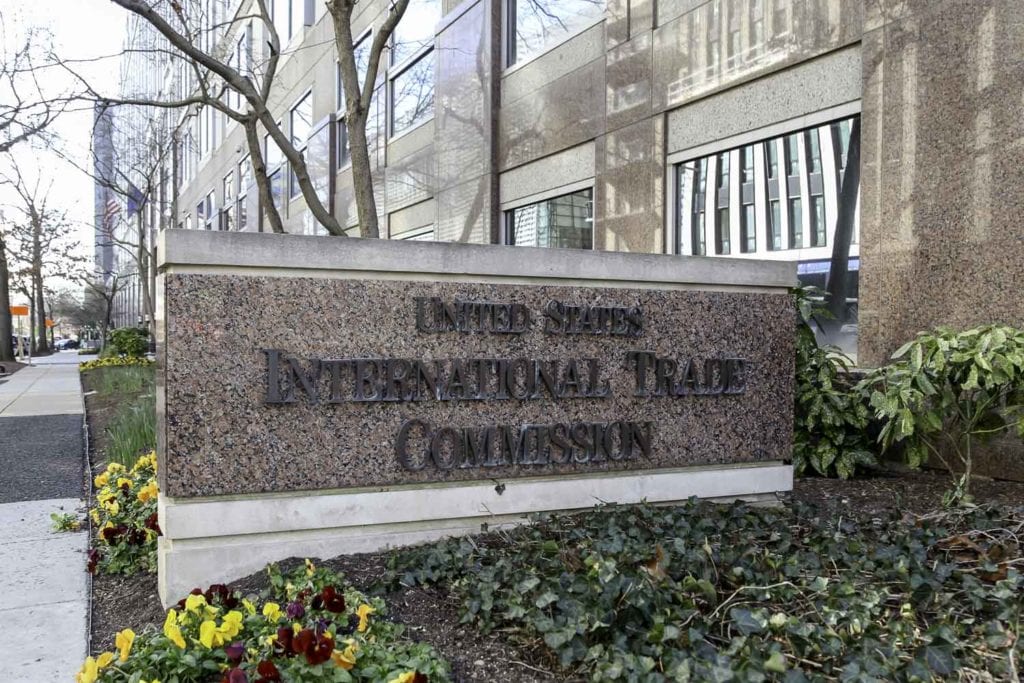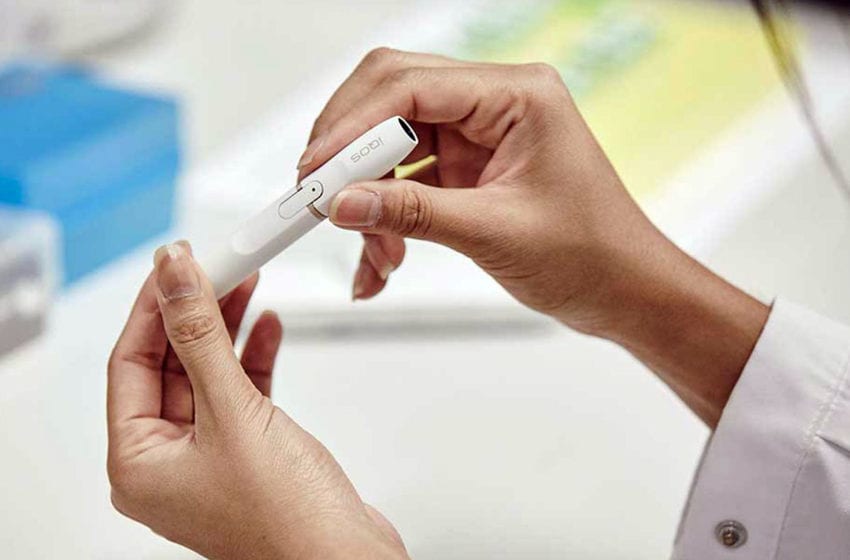
A Florida jury on May 24 ordered R.J. Reynolds Tobacco Co. (RJR) to pay roughly $3 million to a man suffering from chronic lung disease after decades of smoking, reports Courtroom View Network.
Plaintiff Roosevelt Gordon, who suffers from emphysema and chronic obstructive pulmonary disease, will receive $447,000 for medical expenses and $2,522,880 for past and future pain and suffering.
Gordon blames his illness on the Winston cigarettes he began smoking as a teenager. RJR countered that Gordon chose to smoke despite knowing the risks to his health.
The plaintiff’s attorney argued that Gordon never saw the messages RJR put out about the health risks associated with smoking and that consumer expectations in decades past were very different than today.
The case, which is unrelated to the historic Engle class action, relied on only two claims—defective product and negligence—and demanded no punitive damages, which allowed it to reach a conclusion relatively quickly.
These two trials come on the heels of an April trial in Miami, where a jury cleared Philip Morris of any liability for a longtime smoker’s stroke.
In February, an Oregon jury returned a defense verdict for RJR over responsibility for a smoker’s fatal lung cancer.













